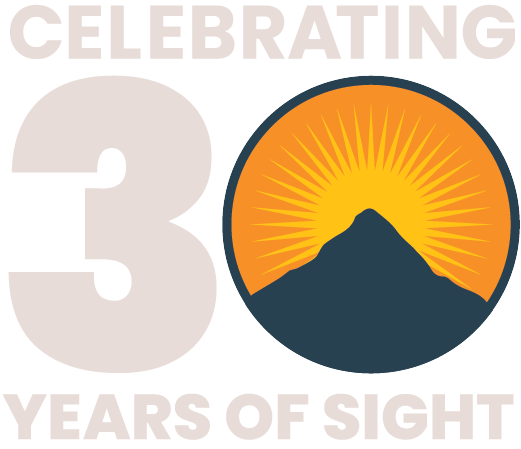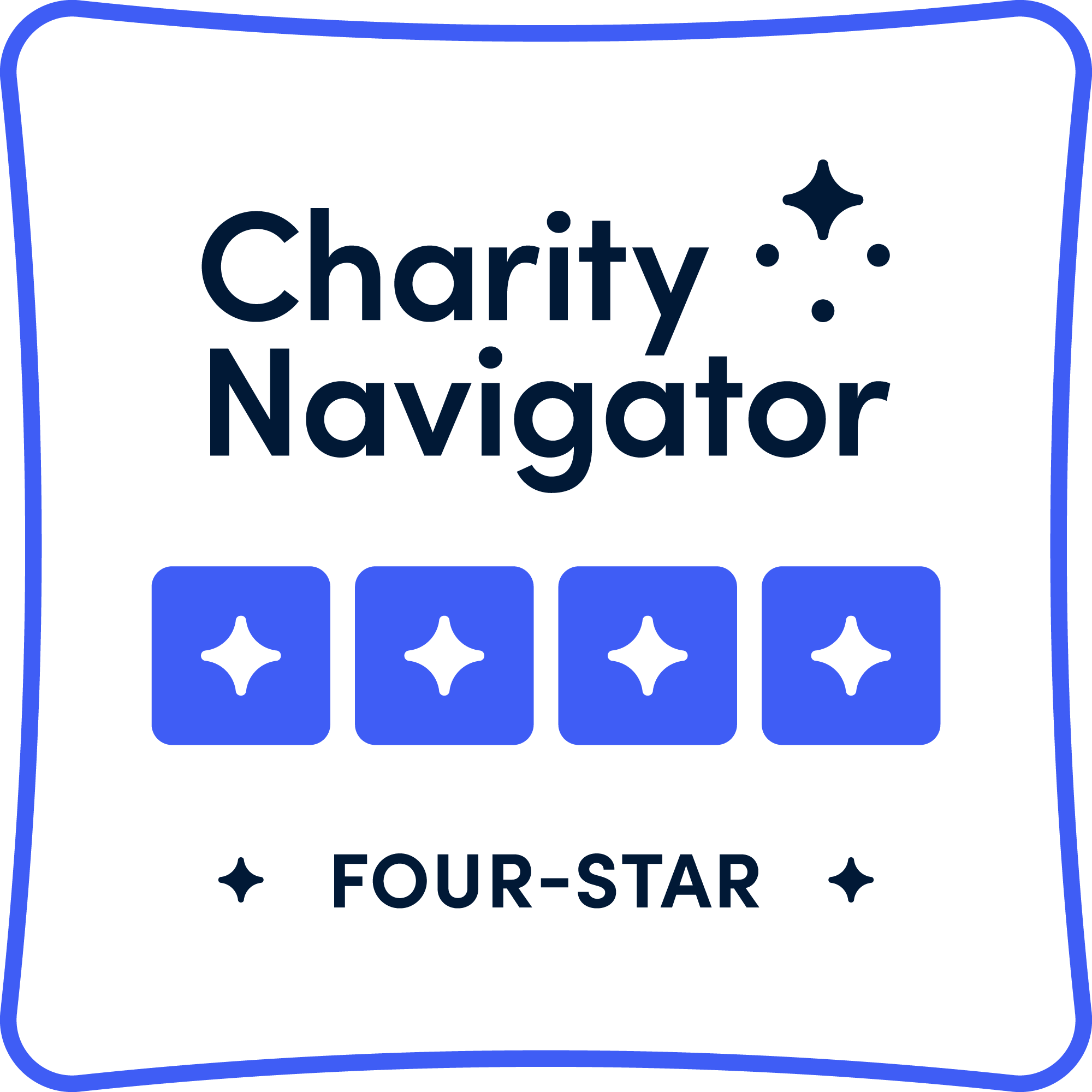
Sanduk Ruit, MD
Cure Blindness Project Co-founder
Dr. Sanduk Ruit’s soul mission has been, and continues to be, to bring eyesight back to anyone who needs it, regardless of his or her ability to pay — and to do so with pre- and post-operative care that rivals the highest quality healthcare throughout the world.
A masterful surgeon, he can perform dozens of flawless cataract operations at eye camps over the course of a 12-hour day. Working tirelessly at the operating table, he says “the surgical chair is the most comfortable place on Earth that I have.”
Sanduk Ruit was born in Olangchungola, a remote village in Eastern Nepal — so remote the nearest school was a week’s walk away. And there were no health posts. Ruit’s sister died of tuberculosis when he was 17. This experience led him to become a doctor.
Ruit was an enthusiastic and tenacious student who excelled in his studies. After completing a three-year ophthalmology residency at the prestigious All India Institute of Medical Sciences in Delhi, India, Ruit returned to Nepal.
In 1980, while working on a Nepal Blindness Survey, Ruit met the incomparable Fred Hollows, an Australian eye surgeon who soon became his mentor. Hollows helped Ruit choose his life’s path: to restore eyesight to people who are unnecessarily blind. Ruit went on to study with Hollows at Sydney’s Prince of Wales Hospital in Australia. Hollows and Ruit held the conviction that all people with treatable blindness have the right to restored eyesight; and further, that people in low to middle income countries deserve access to the same quality of care and technology as people in the developed world.
While in Australia, Ruit learned about a cataract micro-surgery technique using implanted intraocular lenses. He wanted to take this technique and help the poorest of the poor.
Ruit was the first Nepali doctor to perform cataract surgery with intraocular lens implants and the first to pioneer a method for delivering high-quality microsurgical procedures in remote eye camps.
In the face of heavy skepticism from other doctors in the field, Dr. Ruit tirelessly worked to prove that high-quality care could be successfully delivered in places considered squalid by western standards. Ruit’s ingenuity resulted in a sutureless surgical procedure that provides safe, top quality, and high-volume outputs at a low cost.
As a tribute to his remarkable achievements, Dr. Ruit has received a number of prestigious awards in the field of international health.
In 1994, Dr. Ruit helped found the Tilganga Eye Center. On average, Tilgaga treats 2,500 patients a week, waiving surgery fees for those unable to pay. Because many of the poor and blind cannot make it to Kathmandu, Dr. Ruit still reaches out to them by trekking into remote parts of Nepal and throughout the Himalayas. Dr. Ruit and colleagues from Tilganga have worked as far afield as Cambodia, Bangladesh, Vietnam, Ethiopia and Ghana.




